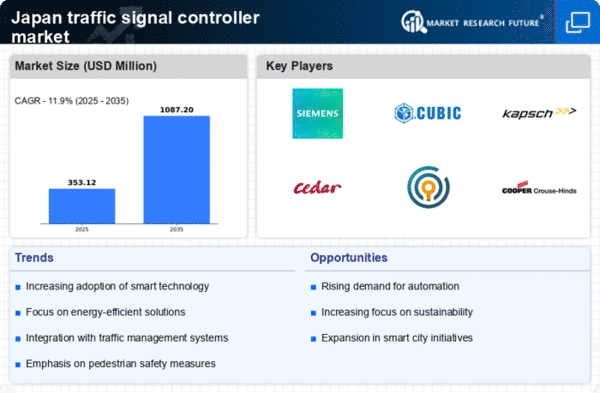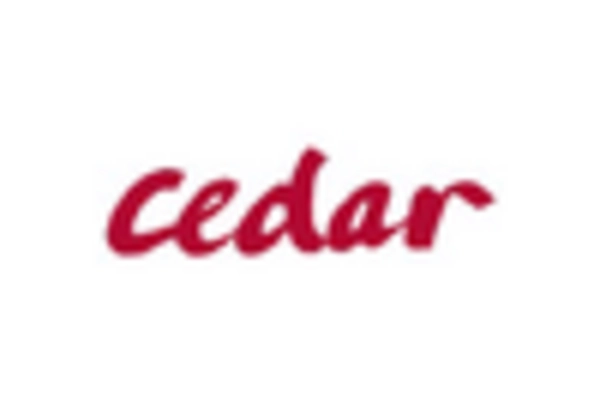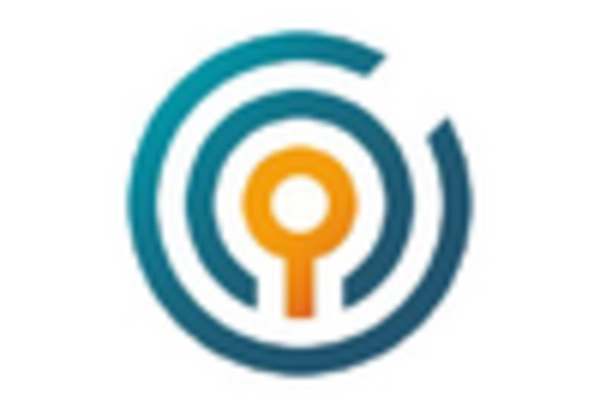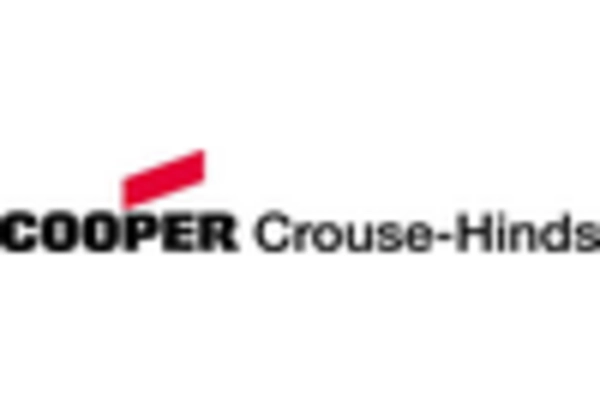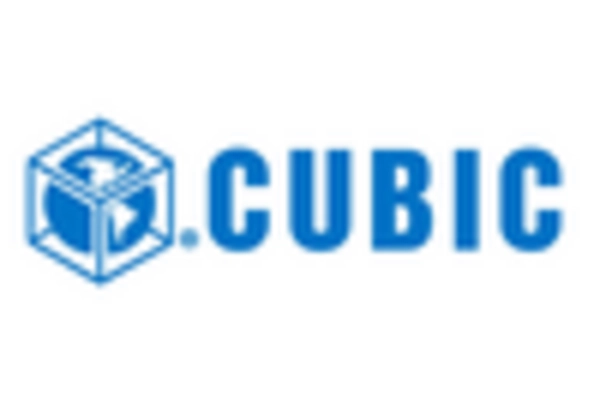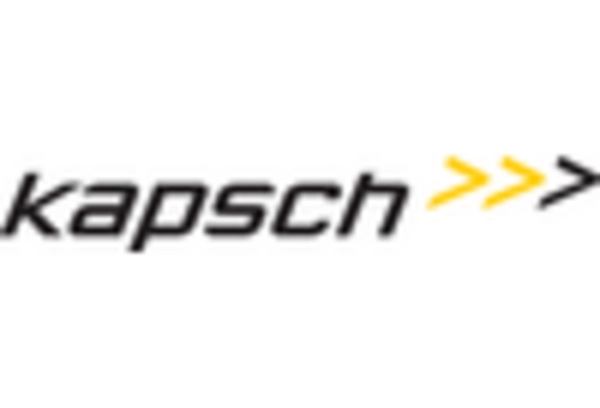Public Safety Concerns
Public safety concerns are a critical driver for the traffic signal-controller market in Japan. With rising traffic accidents, there is an urgent need for improved traffic management solutions. In 2025, traffic fatalities are projected to decrease by 10% due to the implementation of advanced traffic signal systems. These systems are designed to enhance pedestrian safety and reduce the likelihood of collisions. The traffic signal-controller market is expected to grow as municipalities prioritize investments in technologies that promote safer road environments. Enhanced signal systems that incorporate pedestrian detection and emergency vehicle prioritization are likely to become standard features in urban areas.
Government Initiatives and Funding
Japanese government initiatives aimed at improving transportation infrastructure are driving growth in the traffic signal-controller market. In 2025, the government allocated approximately $2 billion for smart city projects, which include upgrading traffic management systems. These initiatives are designed to enhance road safety and reduce traffic-related incidents. The traffic signal-controller market is expected to see a surge in demand as municipalities seek to implement advanced technologies that align with national transportation policies. Furthermore, public-private partnerships are likely to emerge, facilitating the development and deployment of innovative traffic solutions that can effectively manage the increasing complexity of urban traffic.
Urbanization and Traffic Congestion
The rapid urbanization in Japan has led to increased traffic congestion, which significantly impacts the traffic signal-controller market. As cities expand, the demand for efficient traffic management systems rises. In 2025, urban areas in Japan are projected to experience a 15% increase in vehicle density, necessitating advanced traffic signal controllers to optimize flow and reduce delays. This trend indicates a growing need for innovative solutions that can adapt to fluctuating traffic patterns, thereby enhancing the overall efficiency of urban transport networks. The traffic signal-controller market is likely to benefit from investments aimed at modernizing existing infrastructure to accommodate the rising number of vehicles and improve safety for pedestrians and cyclists.
Technological Advancements in Traffic Management
Technological advancements are reshaping the traffic signal-controller market in Japan. The integration of artificial intelligence (AI) and machine learning into traffic management systems is becoming increasingly prevalent. In 2025, it is estimated that AI-driven traffic signal controllers could improve traffic flow efficiency by up to 30%. These systems can analyze real-time traffic data, allowing for adaptive signal timing that responds to changing conditions. As cities strive for smarter transportation solutions, the traffic signal-controller market is likely to expand, driven by the demand for systems that enhance operational efficiency and reduce congestion.
Environmental Regulations and Sustainability Goals
Japan's commitment to environmental sustainability is influencing the traffic signal-controller market. Stricter environmental regulations are prompting cities to adopt energy-efficient traffic management solutions. In 2025, it is anticipated that 25% of new traffic signal installations will incorporate eco-friendly technologies, such as solar-powered controllers. These advancements not only reduce energy consumption but also align with Japan's broader sustainability goals. The traffic signal-controller market is likely to see increased demand for systems that minimize environmental impact while maintaining operational effectiveness. This shift towards greener technologies reflects a growing awareness of the need for sustainable urban development.


